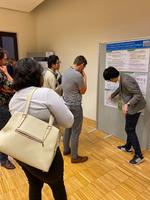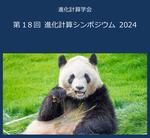略歴
2020年 横浜国立大学 理工学部 数物・電子情報系学科 卒業.2022年 同大学院 理工学府 数物・電子情報系理工学専攻 博士課程前期 修了.現在,同 博士課程後期 在学中.進化的知能研究室(中田研究室)所属.2023年10月-2024年3月 西湖大学(中国)客員研究員.修士(工学).
進化計算の研究に従事.IEEE(+ CIS),電気学会,情報処理学会,進化計算学会 各学生会員.
日本学術振興会 特別研究員(DC1).
- 進化計算
- 群知能
- アルゴリズム適応
- サロゲート進化計算
学士 (工学), 2020年
横浜国立大学 理工学部 数物・電子情報系学科
修士 (工学), 2022年
横浜国立大学 理工学府 数物・電子情報系理工学専攻
最新投稿
経歴
所属部活動やサークルなど:
新着文献
注目文献
※個人的セレクトです
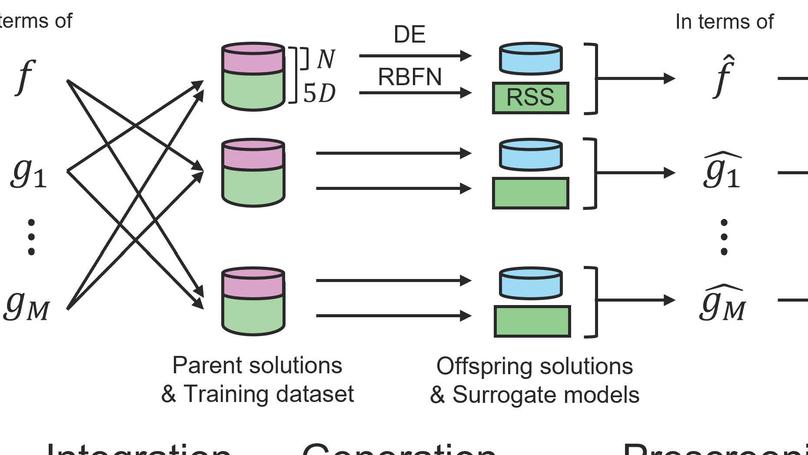
This work proposes a new surrogate-assisted evolutionary algorithm that partially optimizes each objective/constraint, namely surrogate-assisted partial optimization (SAPO). Solutions with better values of objective/constraint are selected from the evaluated solutions as the parent solutions and a focused objective/constraint is independently optimized using surrogate models one by one.
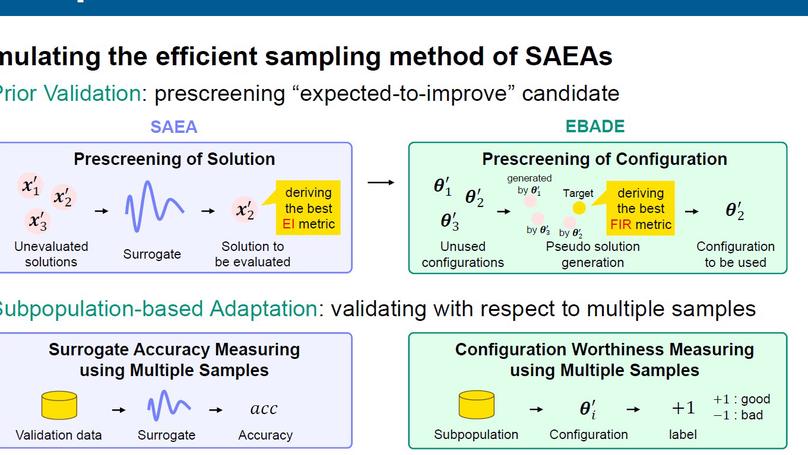
This paper presents a fast and auto-tunable evolutionary algorithm for solving moderately restricted expensive optimization problems. The presented algorithm is a variant of adaptive differential evolution (DE) algorithms, and is called emulation-based adaptive DE or EBADE.
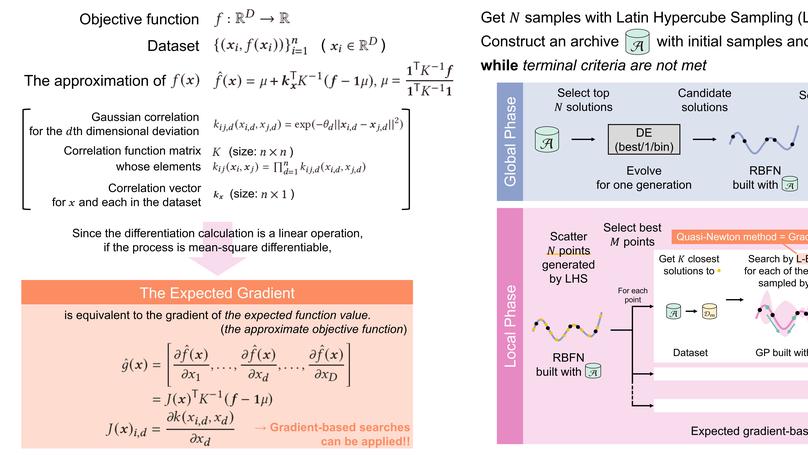
This paper utilizes the expected gradient of the Gaussian Process (GP) in a surrogate-assisted evolutionary algorithm. Specifically, our proposal iteratively runs a quasi-Newton method (L-BFGS-B) changing initial points on multiple GPs constructed to approximate the promising region of the objective function.
受賞
外部資金・奨学金
温かいご支援に感謝いたします
お問い合わせ
- 045 339 4139
- 〒240-8501 神奈川県 横浜市 保土ケ谷区 常盤台 79-5
- 電子情報工学棟812号室
- Google Scholar
- GitHub
